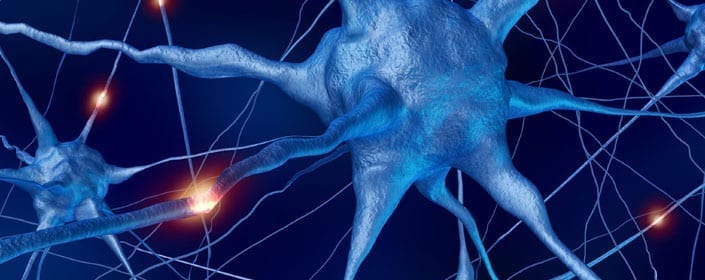The Cumulative Effect of Stress on Inflammation
Stress is often viewed as a mental or emotional issue, but its effects reach far beyond how we feel. When stress becomes frequent or ongoing, it creates real, physical changes in the body, especially when it comes to inflammation. While short-term stress is a normal part of life, chronic stress can quietly build over time,…

